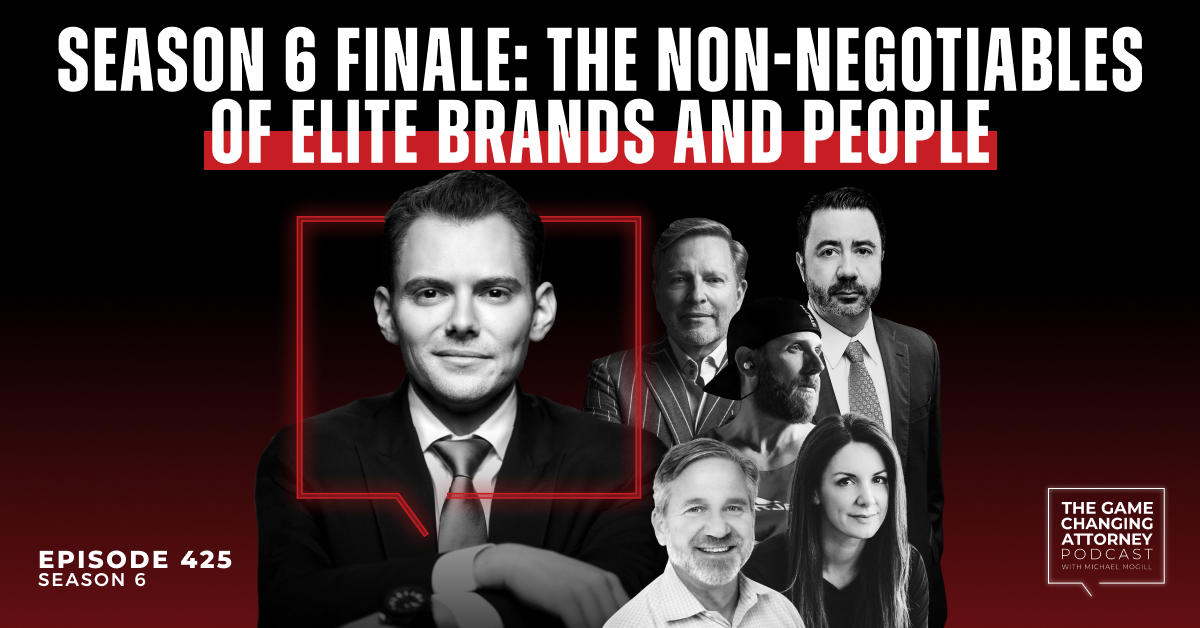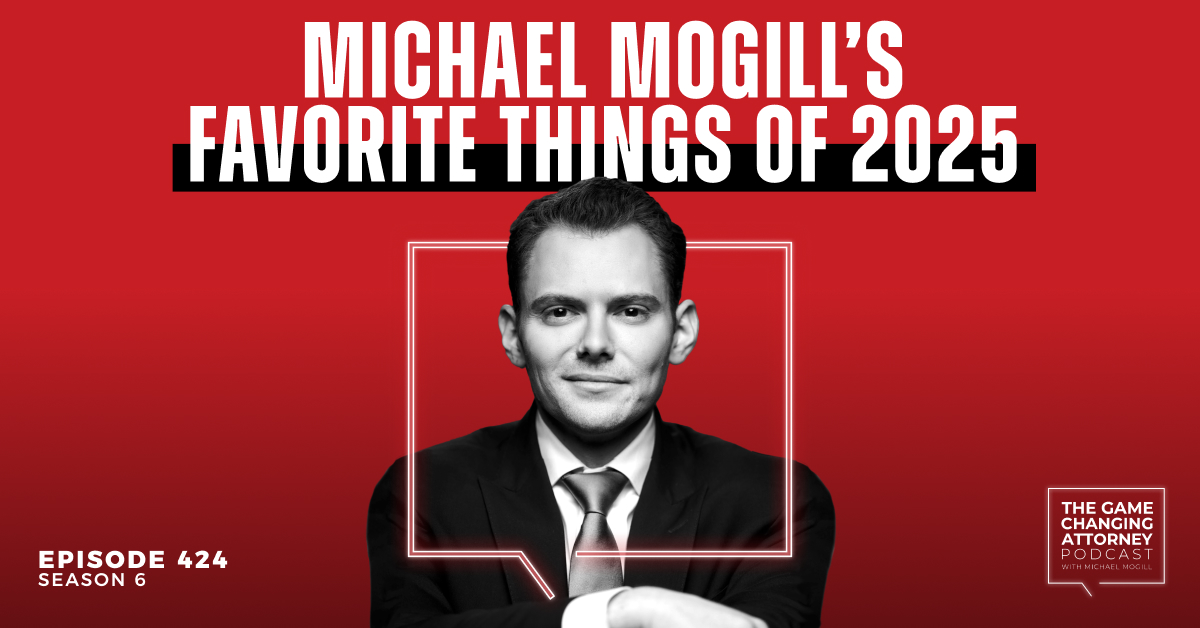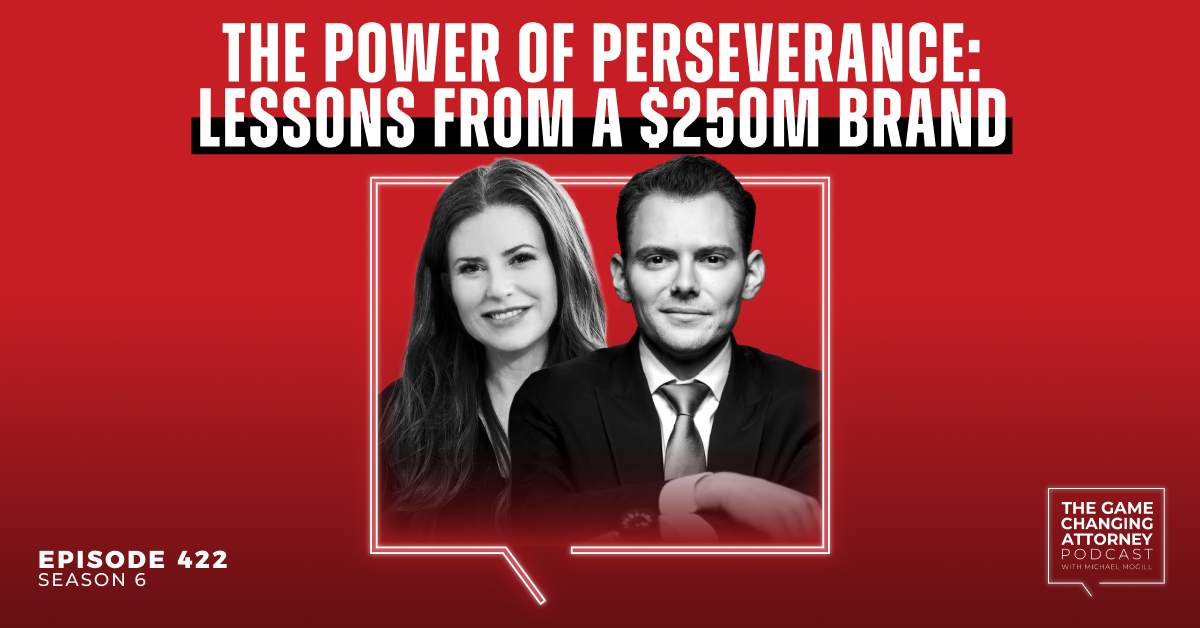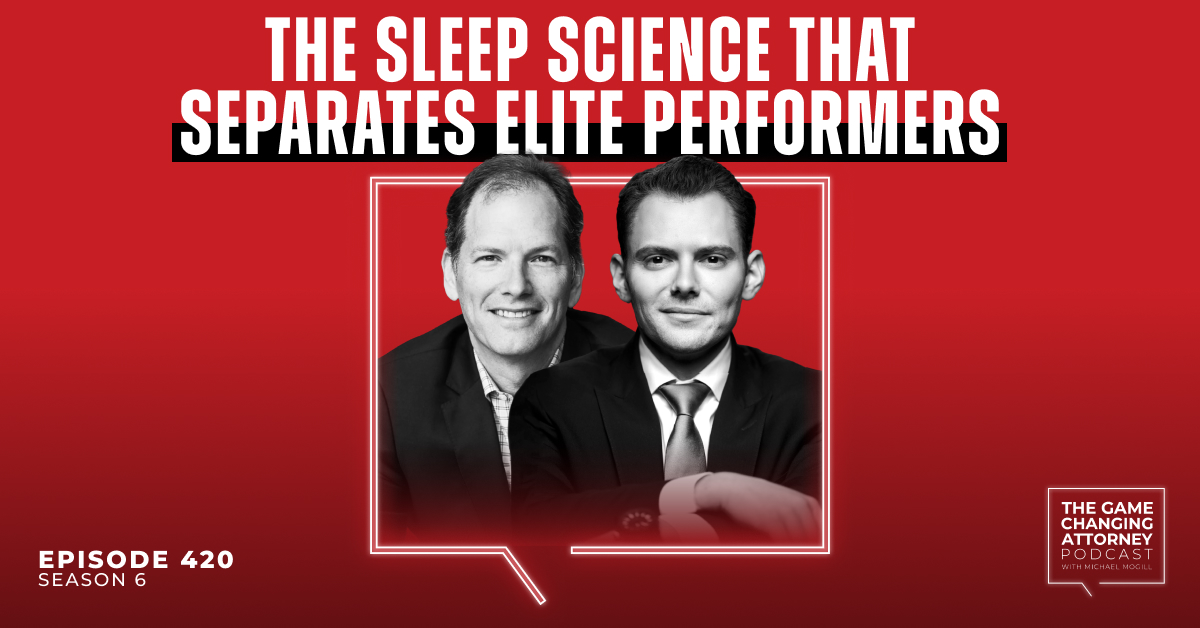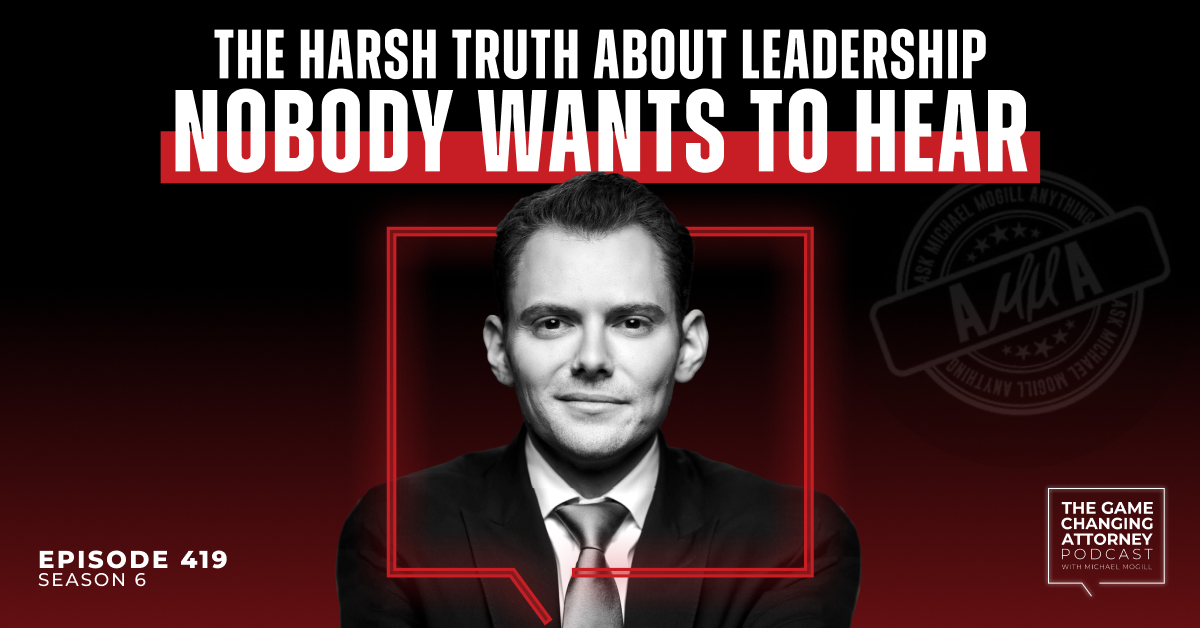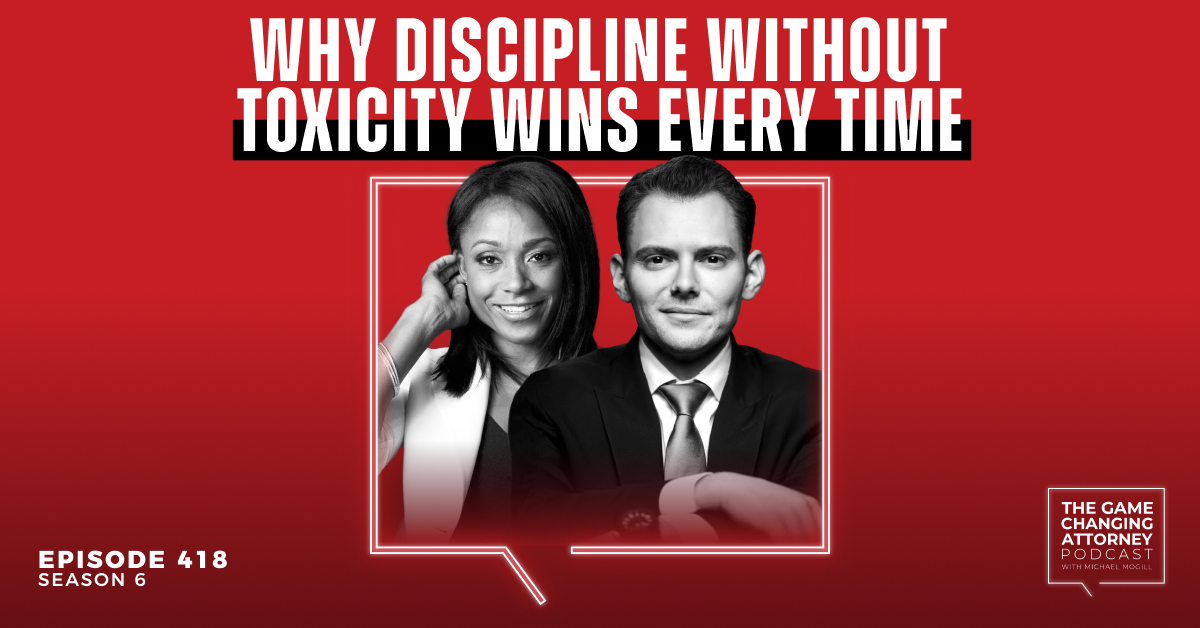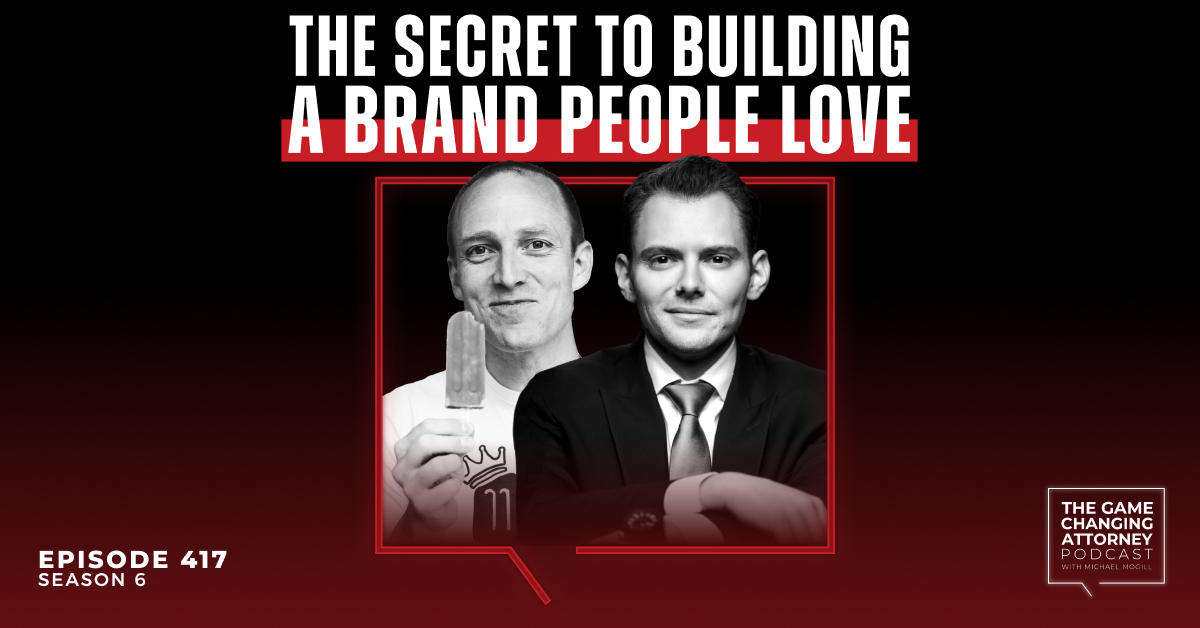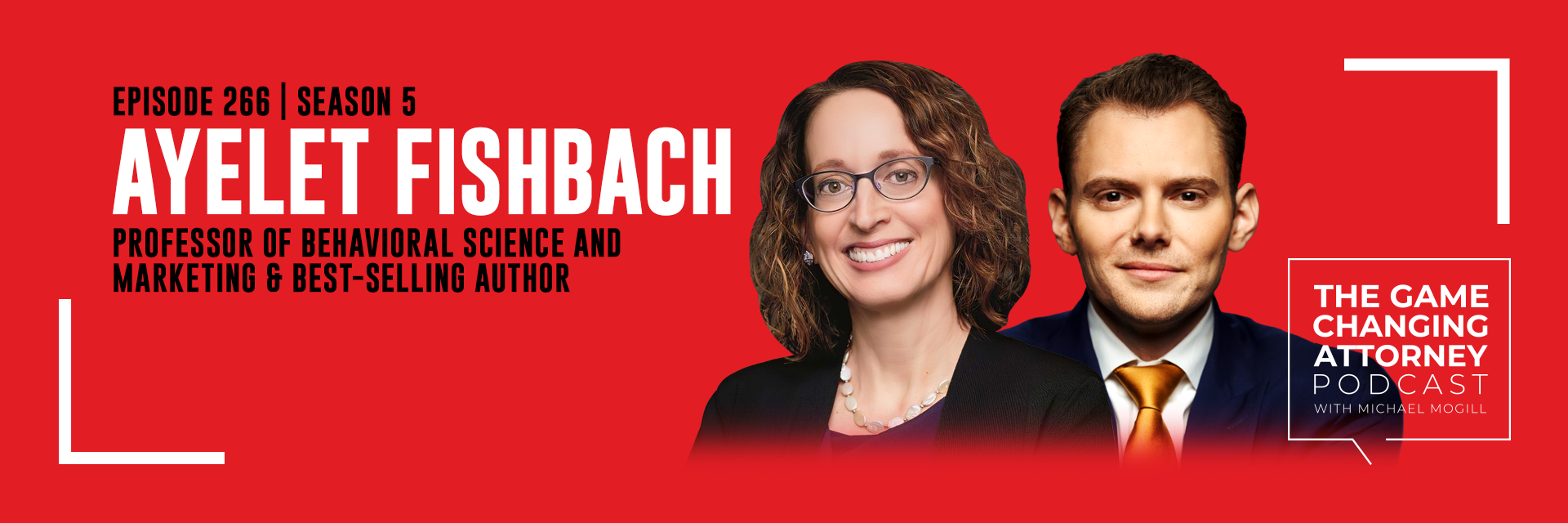

Episode 266 — Dr. Ayelet Fishbach — Get It Done: Surprising Lessons From the Science of Motivation
Dr. Ayelet Fishbach, the Jeffrey Breakenridge Keller Professor of Behavioral Science and Marketing at the University of Chicago Booth School of Business, is an expert in driving behavioral change. She’s even authored a book on the subject.
In this episode of The Game Changing Attorney Podcast, Dr. Fishbach delves into the realities of behavioral change, discussing:
- The distinction between self-control and willpower
- The influence of our surroundings on our actions
- How setbacks and failures can boost our motivation
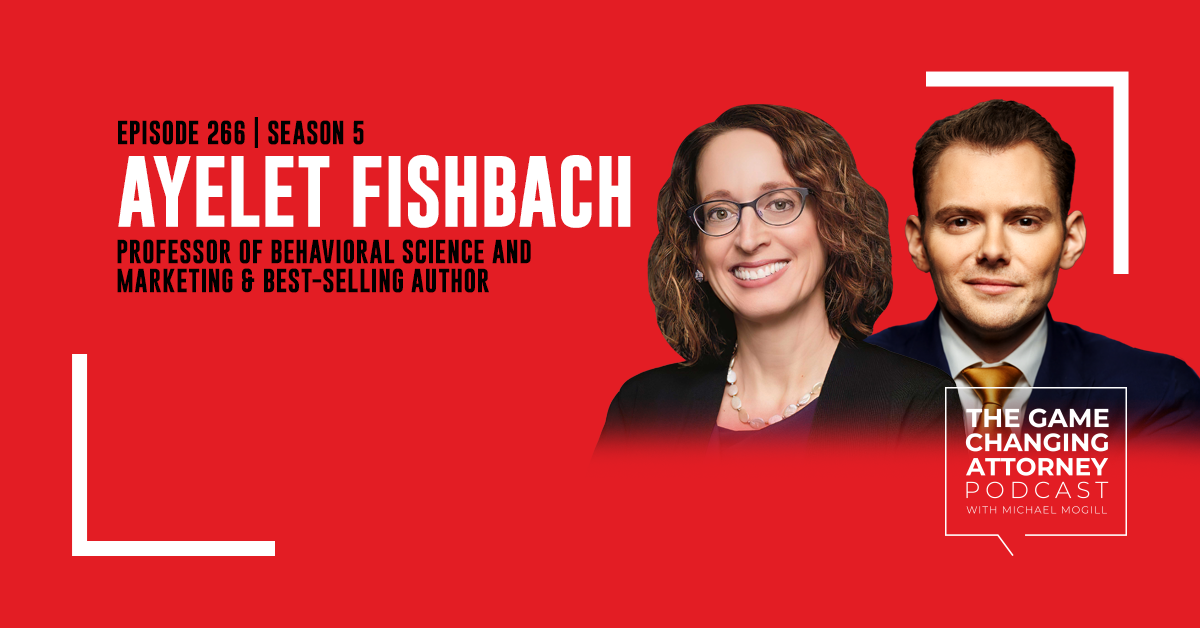
Listen & Subscribe
Show Notes:
More than setting goals. “Successful behavioral change is not just goal-setting — it’s monitoring the progress and sustaining your motivation. Once you’ve set your goal, it’s about getting social support. The key is to understand that you change your behavior based on the situation. You change others and yourself when you do this. Change the framing of the situation and everything will follow from there.”
“Do” goals and “Do Not” goals. “We tend to rebel when someone tells us not to do something. Once we identify that we don’t want to do something, we really want to do it just because we told ourselves we shouldn’t. You can motivate people by reminding them that other people want them to do something. In an experiment involving adolescents, they were told that marketers want them to eat junk food; in turn, they began eating less and less junk food simply because they want to do the opposite of what they wanted them to do.”
Incentives’ benefits. “Incentives often work best when they are uncertain. If you only reward the behavior on some occasions instead of every single time, it keeps team members working hard knowing that there’s a chance they might get a certain reward out of it. It’s exciting when incentives are uncertain because people tend to care more about them that way.
Incentives’ drawbacks. “However, incentives can seriously backfire, so it’s important to understand when and when not to reward the team. Doing your job quickly might not mean you’re doing it well, which is why we must understand how incentives affect how much people do, how much output there is, and what the quality of work is like.”
The Gradient Effect. “The Gradient Effect refers to an increase in motivation to reach a goal. When we look at promotional and loyalty programs, we see that customers drop the program after one purchase, but very few drop it when they’re just one away from the goal. The reason for this is that you seek to gain so much more from your last steps than your first few steps. For all-or-nothing goals, your last purchase gets you a reward while your first purchase gets you just a tiny part of a reward. Motivation will increase over time. Not to mention that the more often someone does something, the more motivated they will be to continue doing it.
Make middles short. “If you set a monthly exercise goal, it’s probably too long. If you set a weekly exercise goal, however, there’s a shorter period of time to get your goal out of the way. Keep the middle period of time short and you will be able to accomplish more.”
Positive reinforcement helps. “Negative impact is hard to learn from because it hurts us emotionally and is cognitively harder to deal with. If you learn what doesn’t work, however, you have the chance to learn the opposite and what does work. They say to only use positive reinforcement when you’re training a pet because when you punish them, all they know is that they did something wrong, but they don’t know the right thing to do. Learning from failure is hard but not impossible.”
Creating self control. “Self control kicks in when there are two things we want to achieve: when there is a goal we really want to adhere to and when there’s another goal that is less important to us. If you want to exercise more than you want to rest on the couch, or eat healthy food more than unhealthy food, that creates conflict. To gain self control, first you must identify the problem, then you must battle the temptation.”
Overcoming impatience. “Patience is hard. It requires that we forgo something that is available to us now so that we can use it later. We have to give up on the immediate outcome, which is not something that humans like to do. Though the better option might be for us to wait until later, that’s incredibly difficult for us to do.”
What does being a game changer mean to you? “A game changer will lead me to look at a situation in a new light or in a way I haven’t thought about before.”
RESOURCES & REFERENCES
Get It Done by Dr. Ayelet Fishbach
Angela Duckworth
Grit by Angela Duckworth
Connect with Michael
- Text directly at 404-531-7691

